Best Apple Companion Plants For A Healthy Orchard
Title: Best Apple Companion Plants for a Healthy Orchard
Introduction:
Apple trees are a popular choice for home gardens, and for good reason. They are relatively easy to care for, and they produce delicious fruit. But did you know that planting companion plants around your apple trees can help them to thrive?
Companion planting is a gardening technique that involves planting certain plants together in order to benefit each other. Some plants attract beneficial insects, while others help to repel pests. Some plants improve the soil quality, while others provide shade or windbreaks.
When it comes to apple trees, there are a number of companion plants that can help to promote their health and productivity. In this blog post, we will discuss some of the best apple companion plants, and explain how they can benefit your orchard.
Main Content:
- Marigolds: Marigolds are a popular companion plant for apple trees because they help to repel pests, such as aphids, beetles, and whiteflies. They also attract beneficial insects, such as ladybugs and lacewings, which help to control pests.
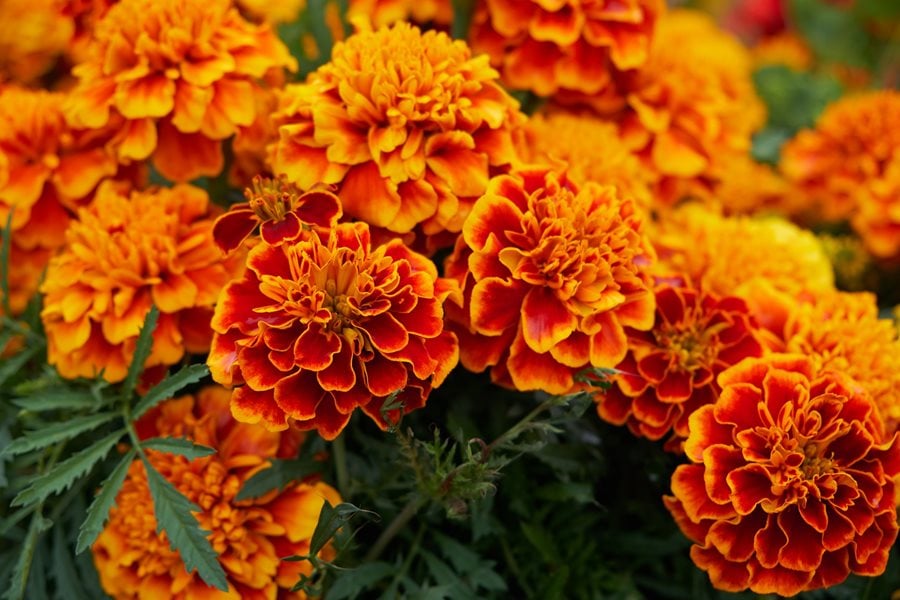
- Nasturtiums: Nasturtiums are another good companion plant for apple trees. They help to repel aphids, beetles, and other pests. They also improve the soil quality by fixing nitrogen.
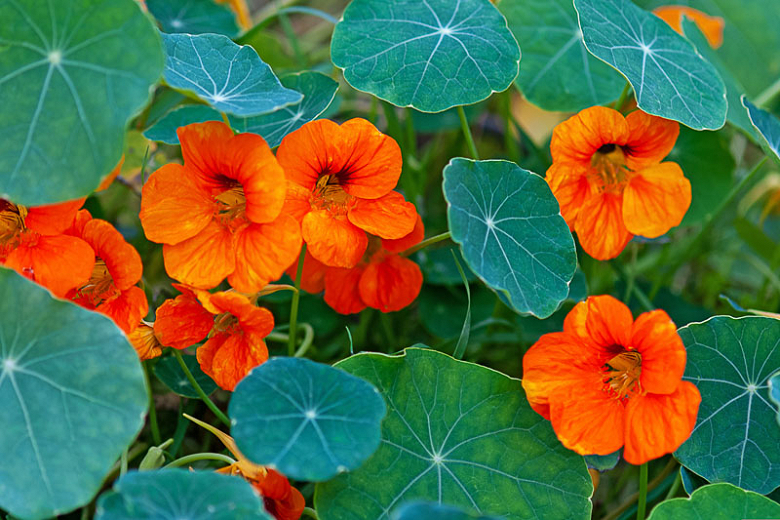
- Chamomile: Chamomile is a fragrant herb that helps to repel pests and attract beneficial insects. It also helps to improve the soil quality by breaking down organic matter.
- Lavender: Lavender is a beautiful and fragrant herb that also helps to repel pests. It is also said to improve the flavor of apples.

- Chives: Chives are a member of the onion family and they help to repel pests, such as aphids and beetles. They also improve the soil quality by adding sulfur.
- Comfrey: Comfrey is a deep-rooted plant that helps to improve the soil quality by adding nutrients and organic matter. It also attracts beneficial insects.

- Rhubarb: Rhubarb is a nitrogen-fixing plant that can help to improve the soil quality for apple trees. It also attracts beneficial insects.
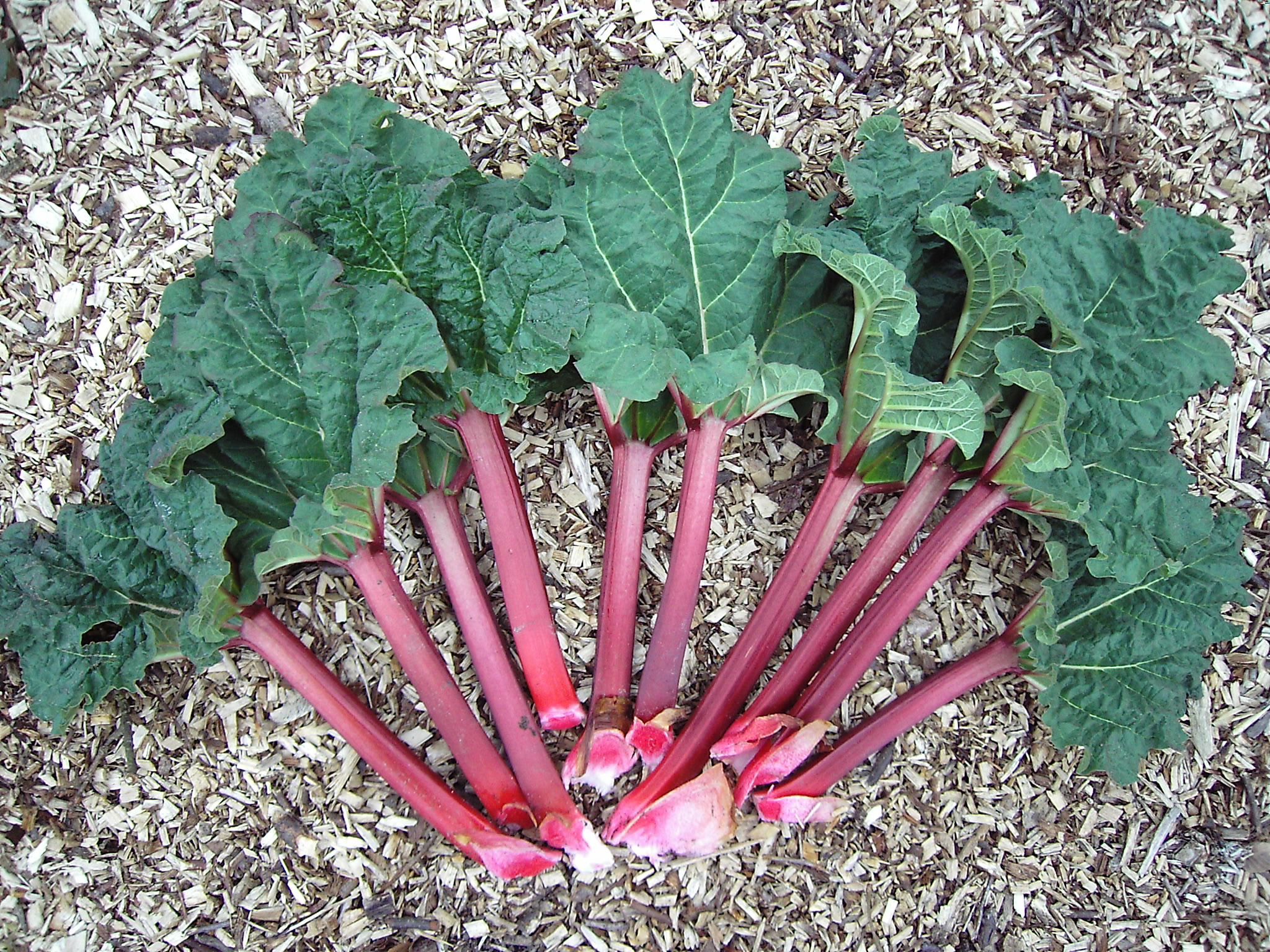
- Berry bushes: Berry bushes, such as raspberries and blackberries, can help to attract beneficial insects to your orchard. They can also help to shade the roots of your apple trees, which can help to prevent them from drying out.
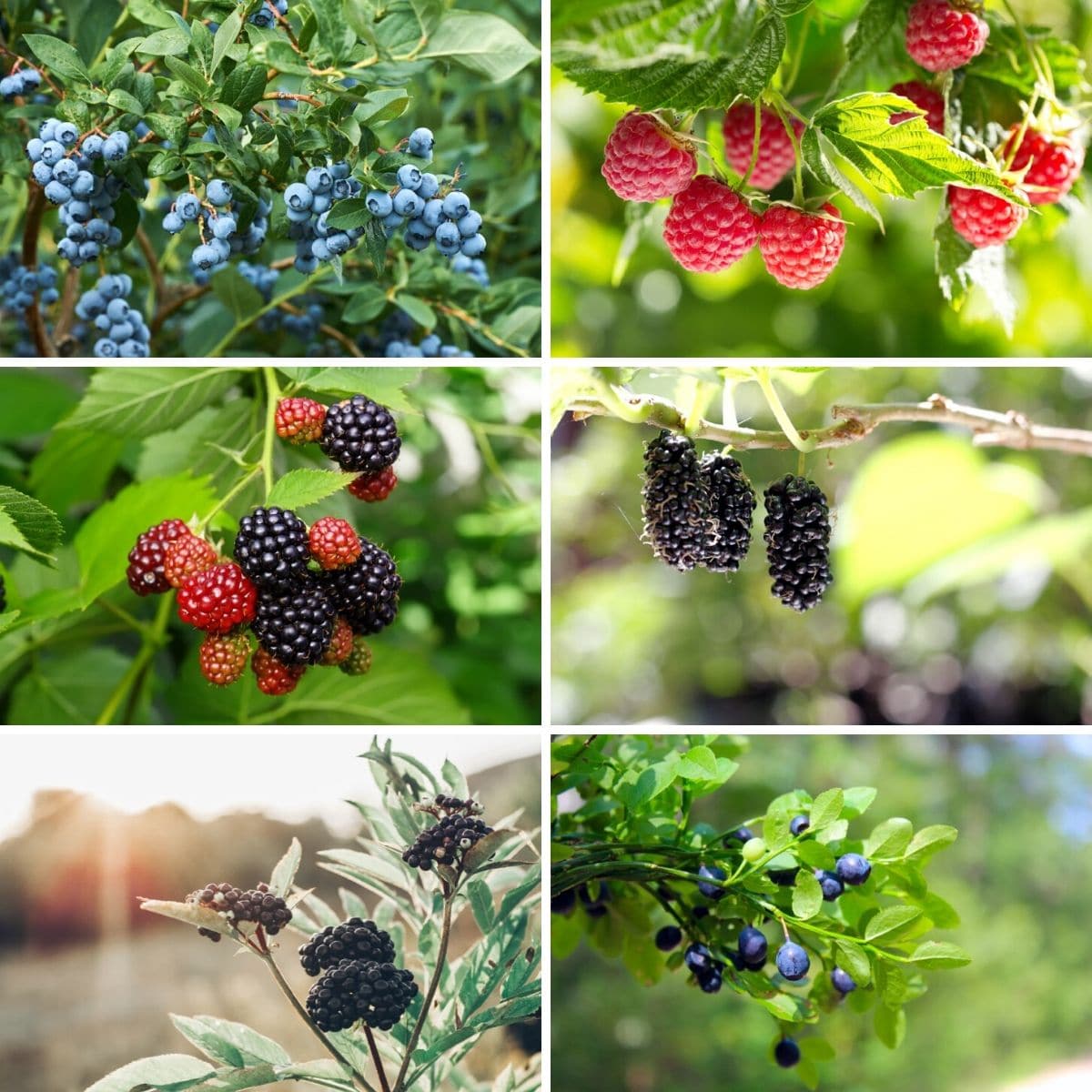
Conclusion:
By planting companion plants around your apple trees, you can help to promote their health and productivity. These plants can help to repel pests, attract beneficial insects, improve the soil quality, and provide shade or windbreaks. By choosing the right companion plants, you can create a healthy and thriving orchard.
FAQ of apple companion plants
- What are the best companion plants for apple trees?
Some of the best companion plants for apple trees include:
Alliums: These plants, including chives, onions, and garlic, help to repel pests and diseases.
Basil: This herb helps to attract beneficial insects and improve the flavor of apples.
Coriander: This herb helps to repel pests and improve the soil.
Dill: This herb helps to attract beneficial insects and improve the pollination of apple trees.
Fennel: This herb helps to repel pests and improve the soil.
Marigolds: These flowers help to repel pests and attract beneficial insects.
Nasturtiums: These flowers help to repel pests and attract beneficial insects.
Potatoes: These plants help to improve the soil and provide a nitrogen-rich mulch.
Sweet alyssum: This flower helps to attract beneficial insects and improve the soil.
What should I avoid planting near apple trees?
Some plants that should be avoided planting near apple trees include:
Grass: Grass can compete with apple trees for water and nutrients.
Nightshades: These plants, including tomatoes, potatoes, and eggplants, can harbor pests and diseases that can damage apple trees.
Peaches: Peach trees are susceptible to the same pests and diseases as apple trees, so planting them close together can increase the risk of infection.
Walnuts: Walnut trees release a toxin that can inhibit the growth of apple trees.
How far apart should companion plants be planted from apple trees?
The ideal distance between companion plants and apple trees will vary depending on the size of the plants and the amount of space you have available. However, as a general rule of thumb, companion plants should be planted at least 3 feet away from apple trees.
- How do I know if I'm planting the right companion plants for my apple tree?
There are a few things you can do to make sure you're planting the right companion plants for your apple tree. First, consider the climate and soil conditions in your area. Some companion plants are better suited for certain climates than others. Second, research the specific needs of your apple tree. Some apple trees are more susceptible to pests and diseases than others, so you'll want to choose companion plants that can help to protect your tree. Finally, talk to your local nursery or garden center staff. They can help you choose the right companion plants for your specific needs.
- How do companion plants benefit apple trees?
Companion plants can benefit apple trees in a number of ways, including:
Reducing pests and diseases: Some companion plants, such as marigolds and nasturtiums, help to repel pests and diseases.
Attracting pollinators: Pollinators, such as bees and butterflies, are essential for apple pollination. Companion plants that attract pollinators can help to improve the yield of your apple trees.
Improving the soil: Some companion plants, such as legumes, help to fix nitrogen in the soil. This can improve the health and productivity of your apple trees.
Providing shade: In hot climates, companion plants that provide shade can help to protect apple trees from heat stress.
What are some other benefits of companion planting?
In addition to benefiting apple trees, companion planting can also offer a number of other benefits, such as:
- Reduced need for pesticides: By planting companion plants that repel pests and diseases, you can reduce your reliance on pesticides.
- Increased biodiversity: Companion planting can help to increase the biodiversity of your garden. This can make your garden more resilient to pests and diseases.
- Beautiful landscaping: Companion planting can also add beauty to your landscape. By choosing companion plants that complement each other in terms of color, texture, and height, you can create a visually appealing garden.
Image of apple companion plants
- Comfrey: A nitrogen-fixing plant that can help to improve the soil around apple trees.
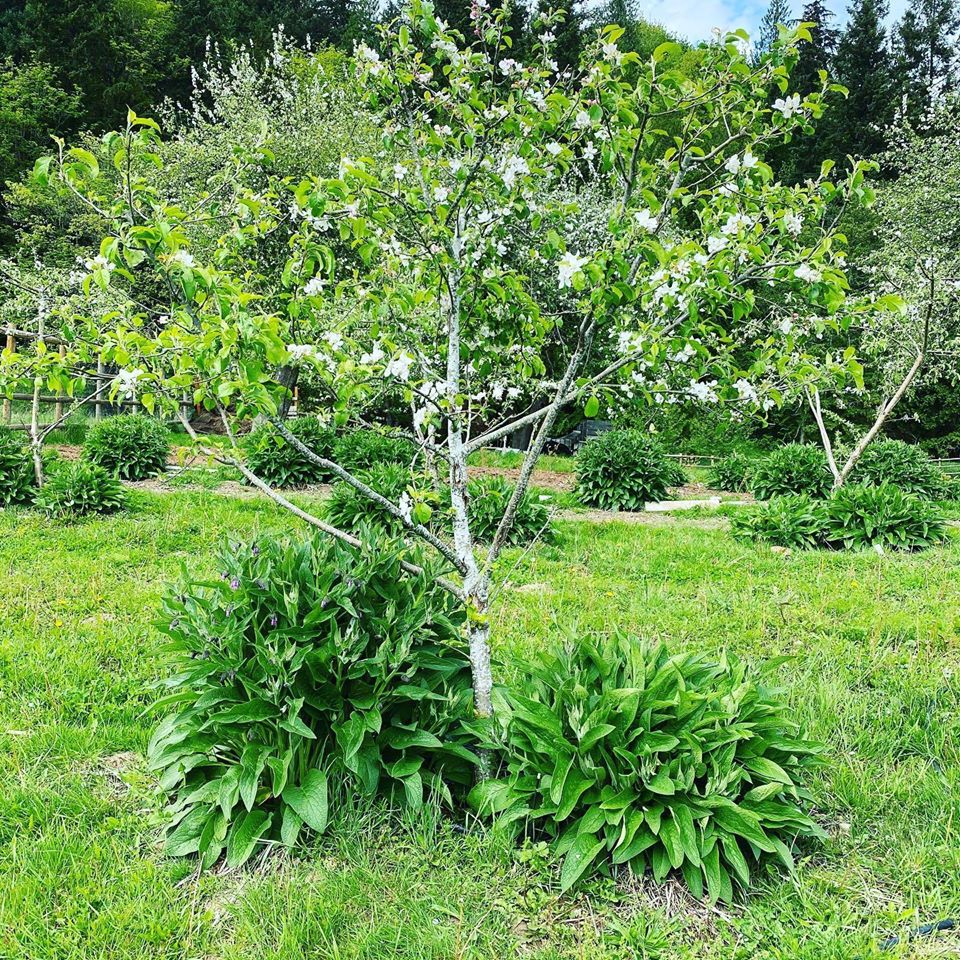
- Nasturtium: A pest-repelling plant that can help to keep aphids, spider mites, and whiteflies away from apple trees.

- Chamomile: A flowering plant that can help to deter apple scab and other fungal diseases.
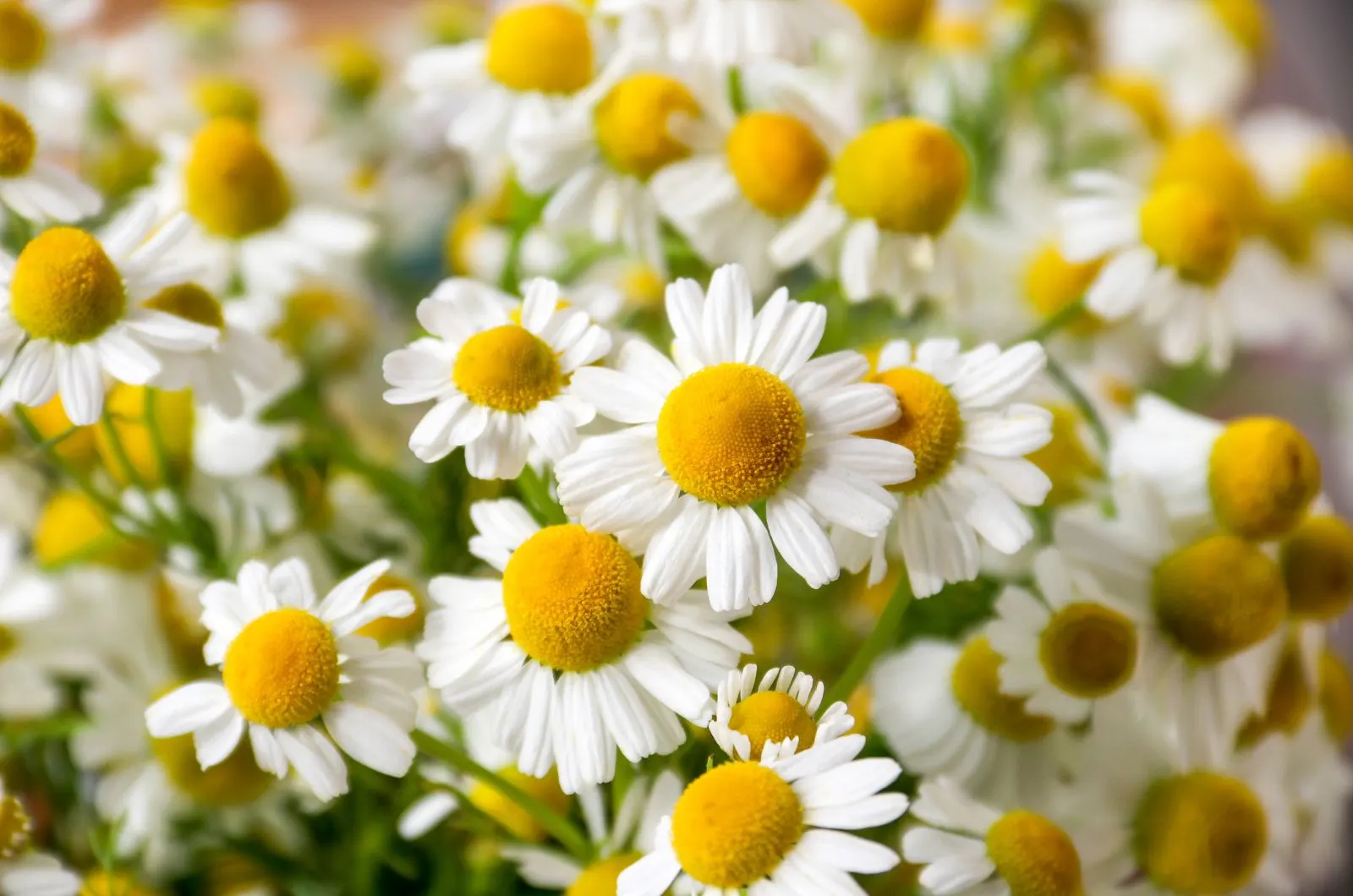
- Coriander: An herb that can help to improve the flavor of apples and also deter pests.
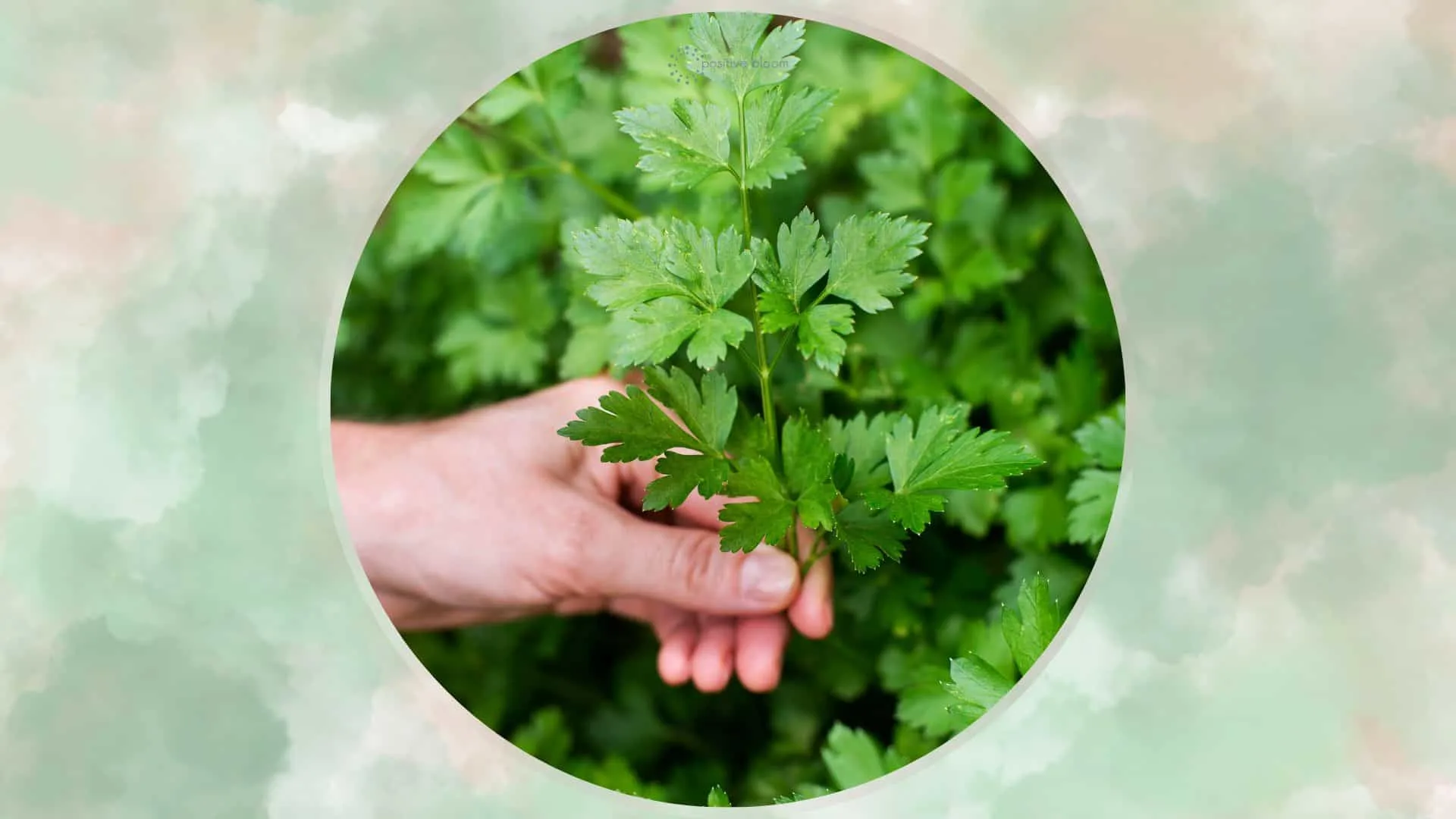
- Dill: An herb that can help to attract pollinators and also deter pests.
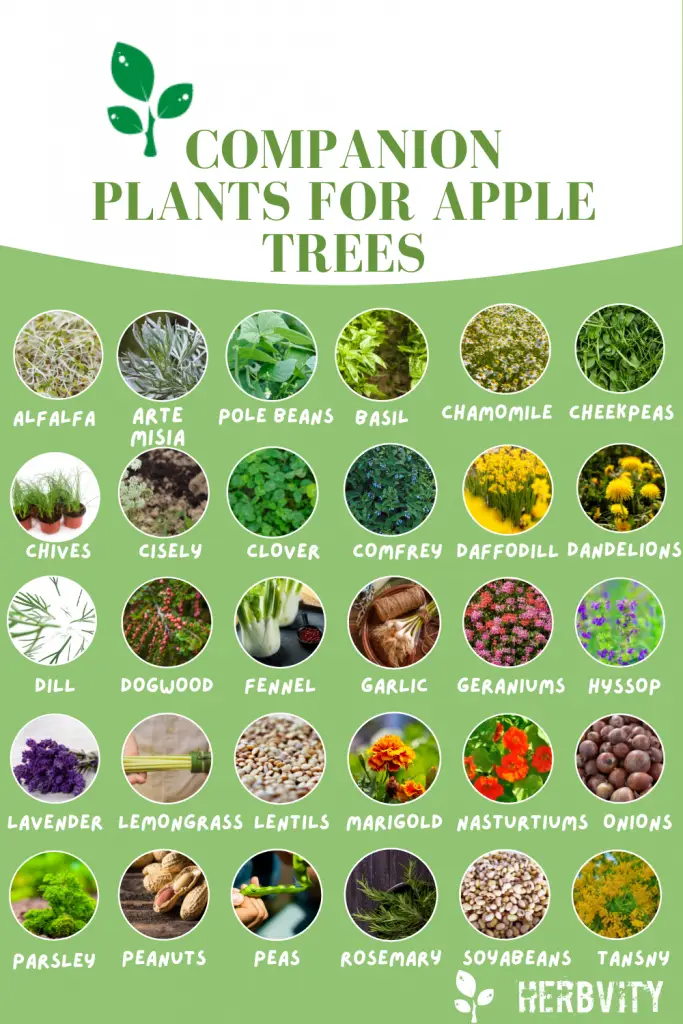
- Fennel: An herb that can help to improve the flavor of apples and also deter pests.

- Basil: An herb that can help to improve the flavor of apples and also deter pests.

- Lemongrass: A tropical plant that can help to repel mosquitoes and other insects.

- Marigold: A flowering plant that can help to deter pests and nematodes.
Post a Comment for " Best Apple Companion Plants For A Healthy Orchard"